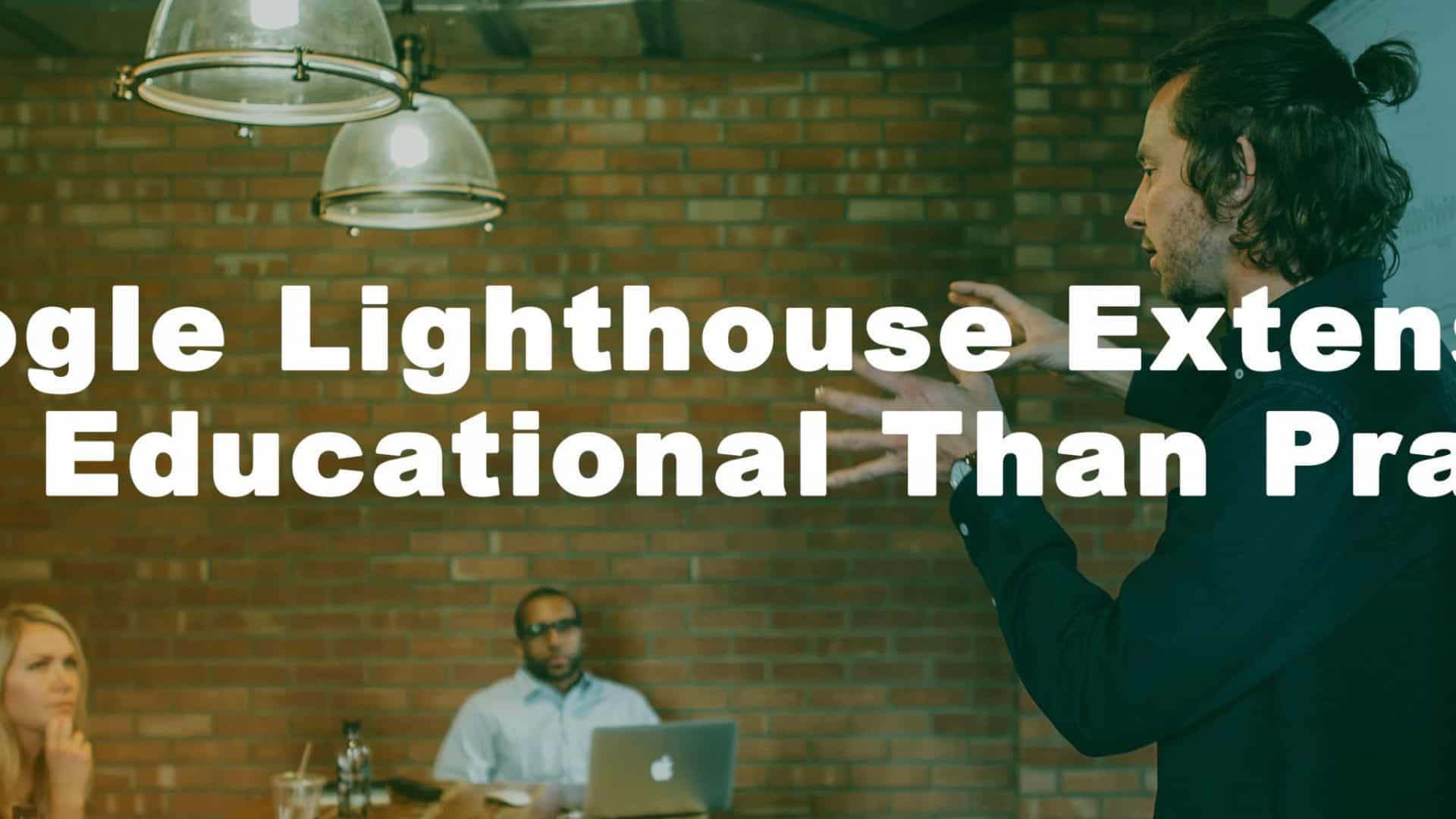If haven’t yet heard the news, Google has added an SEO Audit feature to its Lighthouse developer’s extension. Industry experts are all recommending that SEO developers add the extension to their toolbox if they have not already done so. We would agree, but we would also offer a word of caution: Lighthouse is more educational than practical.
By its own admission, Lighthouse and its new SEO Audit feature offer only basic reporting. Google also makes no guarantees that using the information produced by the extension will actually help SEO practitioners improve search engine results. So then why release the extension with this new, added feature?
Only Google knows that answer. As for the rest of us, Lighthouse is still useful as an educational tool – just perhaps not in the way most of us think. To help you better understand what we are talking about, let us discuss some of the reporting features of the SEO Audit tool.
Meta Descriptions and Rankings
It has long been assumed that Google does not use meta descriptions as a factor in ranking. That assumption could actually be wrong. For example, we’ve all seen anecdotal evidence of falling search engine rankings after altering a meta description. If Google were not using meta descriptions as a ranking factor, why would modifications have any impact?
Furthermore, Google has consistently encouraged developers to use either unique meta descriptions or none at all. They have cautioned against duplicate meta descriptions. Again, why such language from Google if meta descriptions are not used as a ranking factor?
Lighthouse includes meta descriptions in its reporting. This seems to indicate that even if Google hasn’t ‘officially’ used meta descriptions in the past, they plan to do so in the future. There would be no need to include this report in the extension if Google didn’t intend to do something with it.
Font Legibility
The legibility of web fonts, particularly in the mobile arena, is understood to be an optimization factor rather than a ranking factor. Yet there it is in the updated Lighthouse extension. The extension’s SEO Audit feature reports on website fonts and their friendliness to mobile devices. What does this mean?
It might mean that Google is adjusting its search algorithms to account for the legibility of web fonts. Fonts that are considered easier to read on mobile devices would boost a page’s ranking ability, and vice versa. With so much emphasis on the new mobile first index, font choices may become a lot more important in the near future.
Avoiding Browser Extensions
But Lighthouse SEO Audit feature includes avoiding browser extensions among its 10 metrics. This may be the most curious of all. We can only surmise that it has to do with Google’s new emphasis on mobile friendly websites which, by their nature, do not play with extensions very well.
This metric suggests that Google wants to avoid as much plugin use as possible, at least where displaying documents is concerned. Users may still opt to use extensions not related to document display, and they will, but Google is looking for content that displays straight up without any help.
This further suggests a greater emphasis on clean, mobile-friendly documents that will display properly across any mobile device and any browser. In short, standardization. It looks like Google wants to force standardization in web development the same way Microsoft standardized the desktop back in the 80s and 90s.
Lighthouse may be only minimally beneficial as a practical tool for SEO development. However, its educational value should not be underestimated. There’s a lot that developers can learn from the 10 metrics covered by the extension.





